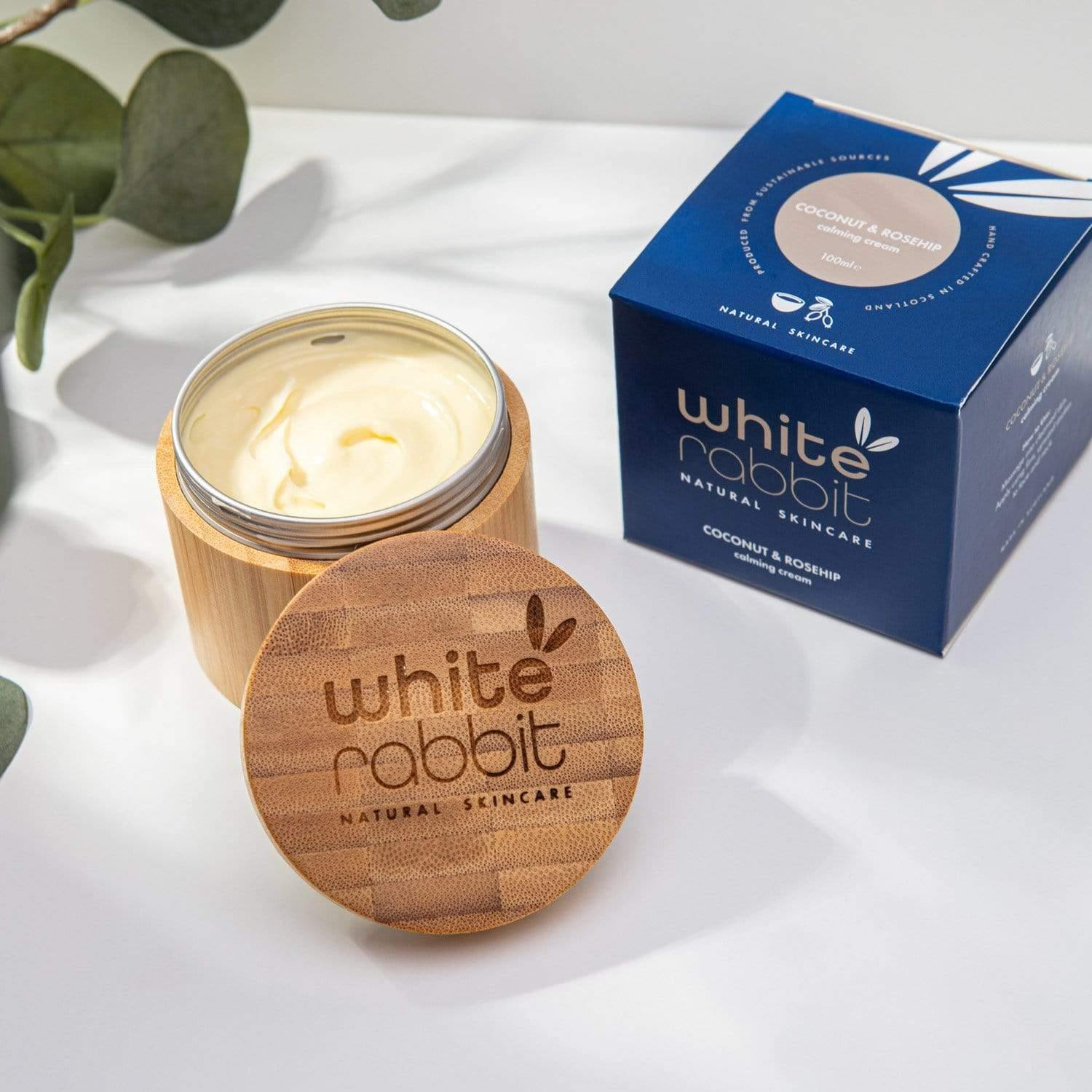
Plastic Planet
The Impact
What can you do?
Every little does help (to coin a phrase from a certain national retailer who more than likely directly contributes to the plastic problem), and individual actions will eventually add to a bigger, wider solution.
Recycle
Might seem like an obvious one, but it really does make a difference, especially when local councils now offer recycling facilities literally on your doorstep - just make sure to make the effort of sorting your rubbish into the relevant bins! (Some council areas may impose a fine to those who don't!)
Where possible: just say no!
Often easier said than done, but often plastic consumption is more a case of convenience rather than necessity, especially if you have a family. Here's some ideas of how you can reduce your plastic consumption:
- Never buy plastic cutlery, plates or straws. Good alternatives are those made of bamboo, and are ideal for out and about!
- Bring your own reusable bags when shopping - we can highly recommend this cotton shopper bag from a certain vegan skincare brand...
- Bring your own bottle (of water or juice that is), instead of buying bottled water when out and about - we particularly love fruit-infusing bottles that can be used over and over again!
- Don't chew on gum. Traditionally chewing gum was made from a tree sap, but when scientists created synthetic rubber, types of plastic began to replace the natural rubber in most gum. So not only are you chewing on (potentially toxic) plastic, it's a substance that won't disappear once you bin it either.
- Use matches. Disposable plastic lighters sit in landfills for years, and have also been found in the stomachs of birds .
- Pack your lunch the right way. If your lunchbox is packed full of disposable sandwich bags and containers, it's time to make a change. Eat things like fresh fruit which don't need unnecessary packaging, and keep sandwiches in reusable tubs or snack bags - we love these reusable wraps from ReWrap It!
Cutting down on plastic doesn't need to be hard - it's all about making practical changes which will benefit you and our planet!
Do you have any tips or advice we could share?


